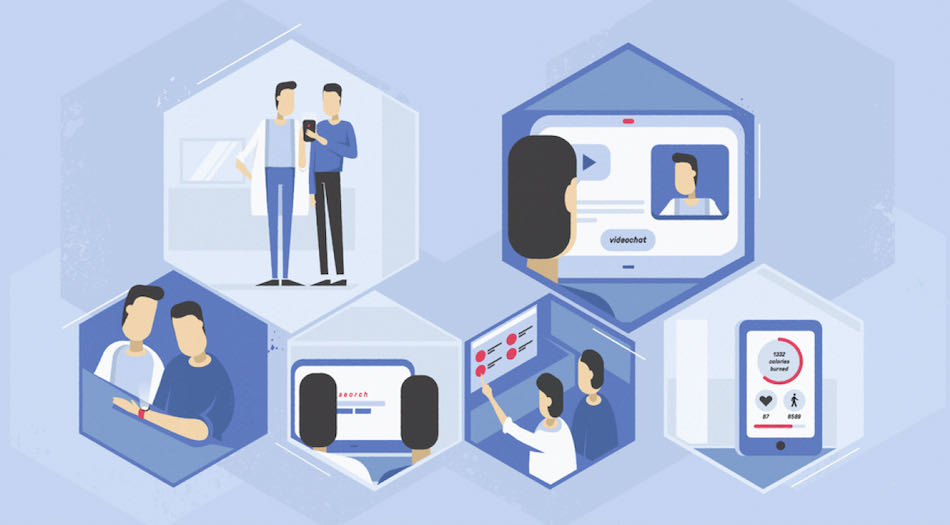Opinion Leader Empowered Patients About the Era of Digital Health: a Qualitative Study
Patient-centred medicine
Authors: Bertalan Meskó, Nóra Radó, Zsuzsa Győrffy
‘The relationship e-patients have with their physicians is based on efficient communication, proactivity, the desire for asking questions and the use of technologies. The interviews have shown that the rapid development of technology has fundamentally changed the lives of these e-patients, and technology eventually is transforming the physician–patient relationship into a partnership.’
Abstract
Objectives We aimed to explore the opinion leader empowered patients’ relationship with their medical professionals, their experiences and beliefs about technologies, and how they see the future. We also attempted to determine whether technologies, the access to it or patient empowerment are the main driving forces behind these changes.
Design A qualitative interview study analysed with interpretative phenomenological analysis.
Setting All interviews were conducted and recorded individually with the same trained interviewer via a Skype call.
Participants The study is based on qualitative, semistructured interviews with 11 opinion leader empowered patients from six countries including UK, USA, Australia, Sweden, South Africa and Ireland.
Results We identified four superordinate themes emerging from e-patients’ experiences: (1) impact of technology, (2) the meaning of empowerment, (3) the changing physician–patient relationship and (4) expectations for the future. The relationship e-patients have with their physicians is based on efficient communication, proactivity, the desire for asking questions and the use of technologies. The interviews have shown that the rapid development of technology has fundamentally changed the lives of these e-patients, and technology eventually is transforming the physician–patient relationship into a partnership. Regarding the future of the physician–patient partnership, e-patients emphasised that change will rather be cultural than technological.
Conclusions The interviews have shown that cooperation between technology and healthcare is not enough on its own: the most decisive factor is the return of the human touch and reciprocal communication. All of these suggest that technology is an important ally in the ‘renaissance of medicine’ that starts to treat patients as it should have always had.
This is an open access article distributed in accordance with the Creative Commons Attribution Non Commercial (CC BY-NC 4.0) license, which permits others to distribute, remix, adapt, build upon this work non-commercially, and license their derivative works on different terms, provided the original work is properly cited, appropriate credit is given, any changes made indicated, and the use is non-commercial.

